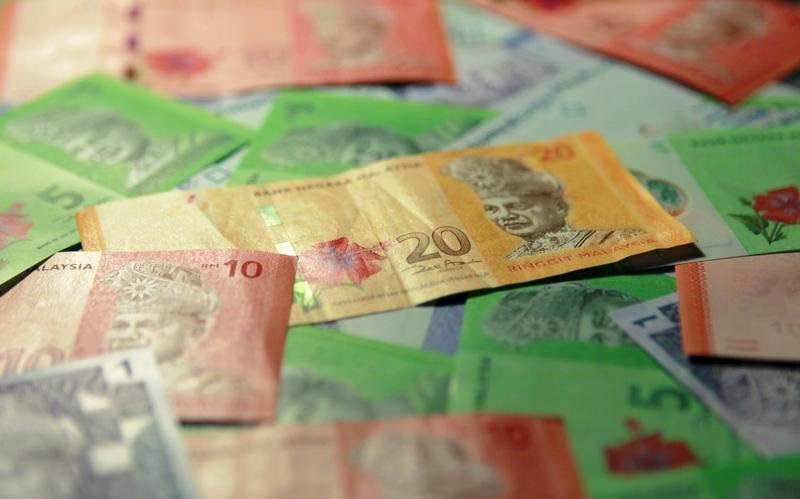PETALING JAYA: Foreign investors turned net sellers of Malaysia’s debt securities in August, as total foreign holdings fell by a marginal RM100 million or 0.05% month-on-month to RM188.2 billion, from RM188.3 billion in July, reversing the inflow seen in the previous two months.
However, Kenanga Research said the share of total foreign holdings of Malaysia’s debt inched slightly higher to 12.7%, from 12.6% in July, as Malaysia’s total outstanding debt decreased at a faster pace of RM5.9 billion.
Similarly, foreign investors remained as net sellers in the equity market in August, charting the largest outflow in 14 months of RM2.8 billion.
Collectively, the capital market experienced its first net outflow of foreign funds in three months (RM2.8 billion), amid a weaker ringgit and growing tensions surrounding the US-China trade war.
August’s outflow was largely attributable to a net decrease in holdings of Malaysian Government Securities (MGS) (-RM1 billion) and Malaysian Treasury Bills (MTB) (-RM100 million). Consequently, the foreign holdings share of total MGS and MTB tilted down to 37.7% and 35.9%, from 38.3% and 37.2% in July, respectively.
These have more than offset increases in holdings of Malaysian Government Investment Issues (GII) by RM500 million, Malaysian Islamic Treasure Bills (MITB) by RM400 million and Private Debt Securities (PDS) by RM20 million, lifting the foreign holdings share of total GII, MITB and PDS to 4.6%, 20.4% and 1.69%, respectively.
Thus far, total capital outflow stood at RM4.1 billion versus RM28.1 billion in the same period of last year.
“We opine that the net-outflow observed this month may persist in the near term, as the US-China trade negotiation continues to sway between escalation and de-escalation of tension and as major economies experience faltering economic growth. Nonetheless, the outflow would be less compared to the previous year, given that major central banks have pivoted towards monetary easing, with the Fed expected to embark on another round of rate cut in September,” said Kenanga.
Against this development, the US 10-year Treasury note average yield charted a steep drop of 44 basis points (bps) to 1.63% in August, while the benchmark Malaysian 10-year MGS average yield decreased by 23 bps to 3.38%, widening the average yield spread to 174 bps, from 154 bps in July.
The research house viewed that Bank Negara Malaysia (BNM) may opt for another 25 bps rate cut, with the OPR settling at 2.75% by year end.
“The prospect of softer economic growth, relatively subdued inflation and the ongoing easing cycle by major central banks provide ample room for the BNM to enhance its policy accommodativeness. This will consequently weigh on ringgit’s performance, which we foresee to depreciate to RM4.20 against the greenback.”














